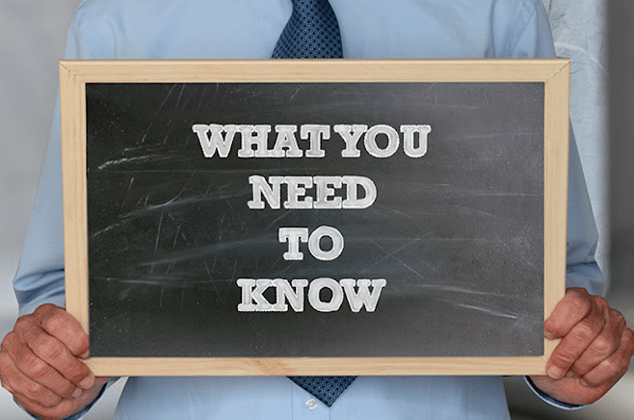
Maintaining your oral health comes down to a basic list of do’s and don’ts that most of us are familiar with:
- Do brush your teeth at least twice every day
- Do floss between your teeth at least once every day
- Do visit the dentist at least once every six months
- Don’t eat lots of sugary foods or drinks
- Don’t ignore symptoms of possible issues with your teeth or gums
- Don’t use your teeth for things other than chewing (like opening bottles, for instance)
The good news is, for the most part, these guidelines are easy and inexpensive to follow. It’s a matter of purchasing some affordable supplies, forming a few good daily habits, and making thoughtful choices.
However, there’s one item on that list that requires more time and money than the simple daily tasks.
Where visiting the dentist falls in maintaining your oral health
The recommendation to visit the dentist at least once every six months isn’t new information for many people. However, there are a few very common reasons why so many people may balk at making and keeping a dental appointment.
- Fear - Going to the dentist can be a stressful experience for some people, and this fear can range from slight discomfort and trepidation to a true phobia that can induce panic attacks.
- Optimism - Others may put off going to the dentist because their teeth don’t display any signs of issues. As long as there are no noticeable changes or obvious pain, it can be easy to ignore dental care.
- Expense - Cost is a very common area of concern for the many Americans on a tight or fixed budget.
The science is clear: visiting the dentist regularly for a thorough, professional cleaning and examination is a key ingredient in good, long-term oral health. So, how can you find potential solutions to these common issues above?
Managing fear of the dentist
"The science is clear: visiting the dentist regularly for a thorough, professional cleaning and examination is a key ingredient in good, long-term oral health."
For some people with a severe fear of the dentist, considering going to an appointment can be debilitating. Sometimes, the fear is associated with a memory of a painful dental issue, and other times it’s simply the anxiety of being in a potentially painful situation. See our latest article on this important subject that affects millions of people worldwide and learn ways to overcome a fear of the dentist.
Understanding the facts of oral health

The optimism noted above can come down to not having an accurate understanding of oral health and how it’s maintained.
The fact is, pain is often one of the last symptoms to show up when you’re facing an oral health problem. For example, by the time you feel pain or discomfort related to a cavity in your tooth, it’s probably been there for an extended period of time. The same is true of gum disease, infections, and many other oral health concerns: once you’re feeling pain as a result of the issue, it’s likely been present for a while.
Ultimately, if you don’t regularly go to the dentist because you think brushing and flossing is all you need to do, you could be exposing your teeth and gums to the possibility of problems down the road.
How to afford proper dental care
Visiting the dentist every six months can be expensive. For those American who opt out of dental insurance, many are left paying out of pocket for their dental care.
Understanding the importance of regular dental visits, however, should help you prioritize making and keeping that appointment every six months. Once that priority is established, affording the visit becomes a matter of effective planning and budgeting.
One helpful way to reduce the impact of this issue is to take advantage of a dental discount program. For a small monthly or annual fee, you can receive 20% to 50% off general and advanced dental care through participating providers. This discount dental card can make a huge difference in helping you be able to afford and maintain your oral health.
In summary, if cost is the main obstacle to your receiving adequate dental care, the combination of a dental discount plan and solid budgeting can help you receive the services you need. Remember, the entire list of do’s and don’ts is vital to your oral health, and you don’t have to let obstacles get in the way of handling all of it.

